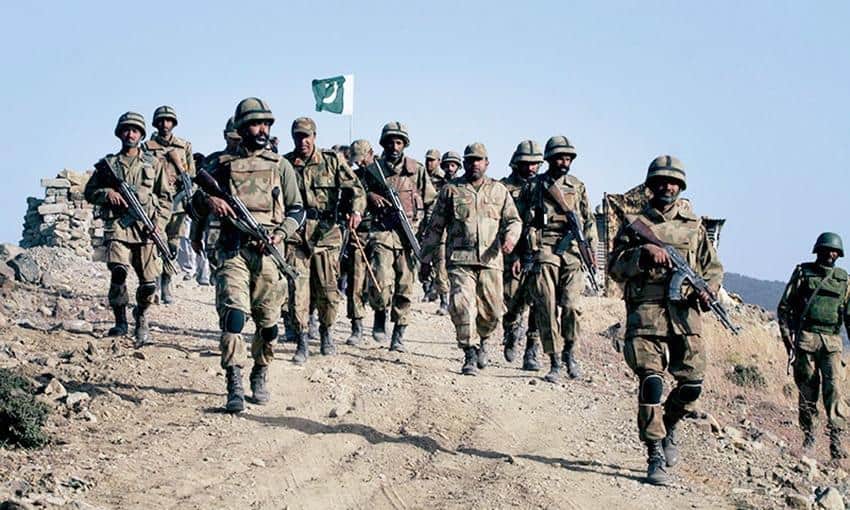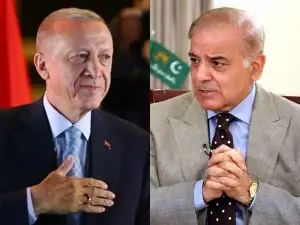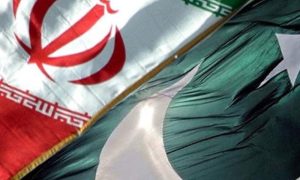WASHINGTON (Web Desk) – While the number of terrorist attacks rose around the world by a third in 2014 compared with the previous year, Pakistan has achieved significant successes in war against terrorism in the country, thanks to military operation Zarb-e-Azb.
In its annual report on terrorism, the US State Department says the number of people killed rose by 80 percent, to nearly 33,000, the BBC reported.
It says the sharp increase was largely due to groups like Islamic State in Iraq and Boko Haram in Nigeria. However, attacks in Pakistan, the Philippines, Nepal and Russia have been decreased.
Last week, Pakistan’s military spokesperson Major General Asim Saleem Bajwa reported that 2,763 militants have been killed so far, including 218 terrorist commanders in 9,000 intelligence based operations.
Read more: 2763 terrorists killed in Operation Zarb-e-Azb
“Some 837 hideouts of terrorists have been destroyed and 253 tonnes of explosives recovered so far during the operation”, he said.
The Pak-Army also recovered 18,087 weapons, including heavy machine guns, light machine guns, sniper rifles, rocket launchers and AK-47s.
347 officers and soldiers of Pakistan Armed Forces have embraced martyrdom.
The year 2015 was declared to be “a year of victory” and the operation itself a “manifestation of the resolve to root out terrorism in the country” by the Pakistani Defence Minister Khawaja Asif.
Read more: Zarb-e-Azb has now entered in final phase: Kh Asif
According to the US report, the deadliest attack was in the Iraqi city of Mosul, when Islamic State killed 670 Shia prisoners.
“Unprecedented” seizure of territory in Iraq and Syria by ISIS, the flow of foreign terrorists joining the group and “lone” offender extremists in the West were major trends in global terrorism in 2014, according to the report.
ISIS specifically sought out religious minorities like Christians and Yazidis in addition to killing Western journalists.
Al-Qaeda was largely fragmented in 2014, but failed governments in countries like Yemen, Syria, Libya, Nigeria and Iraq enabled extremist radicalism.
Terrorist groups used more aggressive tactics in 2014 than years before, such as beheadings and crucifixions.
Boko Haram, operating in northern Nigeria, northern Cameroon and southeast Niger, used stoning, mass murder attacks and kidnapped children en masse.
The State Department report credits UN Security Council Resolution 2178 as a “major step forward” in efforts to prevent terrorists from travelling to and from conflict zones.
The agency’s coordinator for counterterrorism Ambassador Tina Kaidanow said the numbers in the report alone, compiled by the University of Maryland, do not paint an accurate picture of the state of global terrorism.
Ms Kaidanow said the US is “deeply concerned” about ISIS and its affiliates and foreign terrorists exacerbating violence in the Middle East.
The civil war in Syria spurred many worldwide terrorism events as well. The report notes that more than 16,000 foreign terrorist fighters from over 90 countries travelled to Syria in 2014.
















